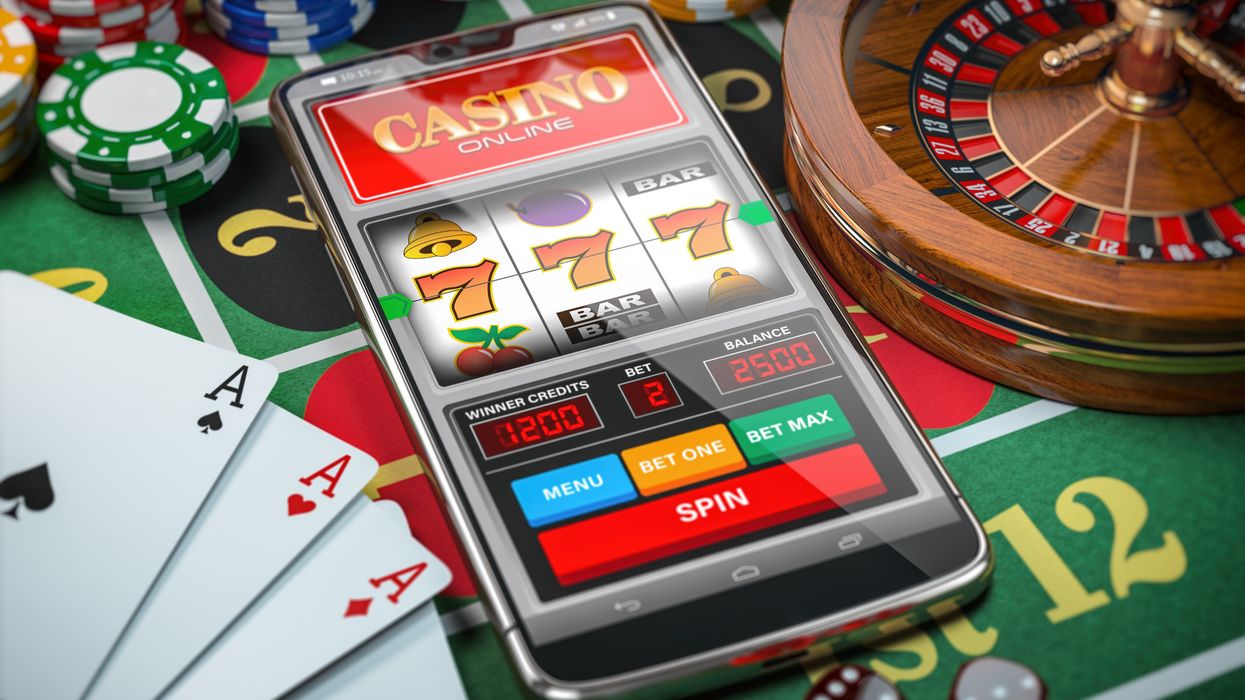Smart investing isn’t about luck; it’s about managing risk. Every investment carries some uncertainty, but the right strategy can measure and control those risks. That’s what sets investing apart from gambling—take online roulette, for example. Players bet knowing the odds are stacked against them, hoping for a lucky spin.
Investing, on the other hand, is grounded in planning, research, and clear goals.
Investors can make choices that match their risk profile by thinking ahead and understanding potential downsides. In the end, successful investing is more about discipline than chance.
Understanding Risk in Investing
Risk means your investments might not perform as expected in the market. Sometimes you gain, and other times you may lose. But not all risks are the same. Some risks can be controlled, like how much you invest in one company, or whether you choose bonds over stocks.
Others are out of your hands, like market crashes or political events.
This is where diversification and asset allocation come in. Spreading your investments across different assets, such as stocks, bonds, and real estate, helps reduce the impact of one poor performer. It’s about balance and preparation, not guessing.
Some people compare investing to gambling, but the two couldn’t be more different. For example, playing online roulette is purely a game of chance. The player has no control over the outcome, and the odds are always tilted in favour of the house. Every spin is random, and strategies rarely improve your chances over time. People might feel excitement or chase losses, but there’s little room for planning.
This mindset can be dangerous if carried into investing. Unlike roulette, smart investing relies on research, patience, and long-term strategy.
Understanding your comfort level with risk and being honest about your financial goals can help you avoid costly decisions. Where gambling is short-term and emotional, investing should be steady and informed—learning to tell the difference when managing risk can turn uncertainty into opportunity.
The Psychology of Risk: Investing vs. Gambling
Investing and gambling both involve risk, but the mindsets behind them differ significantly. Investors typically focus on long-term growth, making decisions based on research and strategic planning. Gamblers, however, often rely on chance rather than analysis.
Cognitive biases can cloud judgment in both arenas. Overconfidence may lead individuals to overestimate their knowledge or control over outcomes.
The gambler's fallacy, believing that past random events affect future ones, can result in misguided decisions. Loss aversion, where the pain of losses outweighs the pleasure of gains, might cause premature selling of investments or chasing losses in gambling.
Emotional reactions can derail sound decision-making. Disciplined strategies, such as setting clear goals and adhering to a plan, often outperform impulsive choices driven by fear or excitement.
The Mechanics of Chance
Ever wondered why flipping a coin lands heads about half the time? That's probability at work—a mathematical way to measure how likely something is to happen. Think of it as a scale from 0 (impossible) to 1 (certain). So, a fair coin has a 0.5 chance of landing heads.
Probability isn't just for games; it's behind weather forecasts, sports predictions, and even your favourite streaming recommendations.
There are two main types: theoretical probability, which is based on logical reasoning (like calculating the chance of drawing an ace from a deck), and experimental probability, which comes from actual experiments or past data. Both help us make informed guesses in uncertain situations.
Understanding probability helps us make better decisions, from choosing insurance plans to planning events. It's not about predicting the future with certainty but about making educated guesses based on available information.
Establishing a Risk Management Framework
Investing shares similarities with games of chance as both involve uncertainty and the potential for gain or loss. However, successful investors, like skilled gamblers, rely on structured strategies rather than luck.
A solid risk management framework is essential. According to the CFA Institute, such a framework includes risk governance, identification, measurement, mitigation, and monitoring. This structure helps investors make informed decisions and align with their financial goals.
Key components involve:
- Diversification: Spreading investments across various assets to reduce exposure to any single risk.
- Setting Clear Limits: Determining acceptable levels of risk and adhering to them.
- Regular Monitoring: Continuously reviewing and adjusting the investment portfolio as needed.
Just as a seasoned gambler knows when to bet and when to fold, disciplined investors understand the importance of when to go long and when to cut losses. By implementing a thorough risk management system, investors can confidently handle market uncertainties.
Strategy Over Luck Every Time
Risk is part of the game, be it in investing or gambling. But here's the key difference: savvy investors don’t just hope for the best, they plan for it. With a solid risk management strategy, you don’t leave your future to chance. You shape it.

















